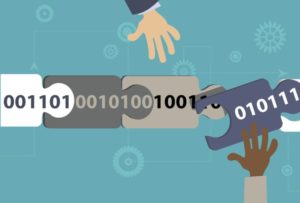“The project aims to increase access to goods and services for the residents of vulnerable neighborhoods, thus allowing them to improve their opportunities for socioeconomic inclusion in the fourth industrial revolution.”

NEC Argentina has signed a Memorandum of Understanding with NGO Bitcoin Argentina and the Innovation Laboratory of the Inter-American Development Bank Group (aka the IDB Lab) to launch a blockchain-based digital identity project. The four-year project is intended to promote inclusion in Argentina, and will first be deployed in Barrio 31 in Buenos Aires before expanding to other low-income neighborhoods.
“The project aims to increase access to goods and services for the residents of vulnerable neighborhoods, thus allowing them to improve their opportunities for socioeconomic inclusion in the fourth industrial revolution,” said IDB Project Team Leader Erika Molina.
The project was set up to alleviate the “poverty penalty,” which punishes those below the poverty line for a lack of paperwork or other forms of identification. The problem disproportionately affects those who are already struggling, largely because they are unable to prove their identity when they try to gain access to various resources.
The use of blockchain will allow the three organizations to create secure records of people’s activities, giving them more control over their own data and enabling services like digital wallets. NGO Bitcoin Argentina will be running the project, while NEC has signed on as a technology partner.
Of course, this project is not the first to view blockchain as a way to improve civic inclusion. Microsoft is currently working to create blockchain-based, open-source decentralized IDs. Blockchain has also been used to build digital wallets and ShoCard’s secure eSignature platform.

Follow Us